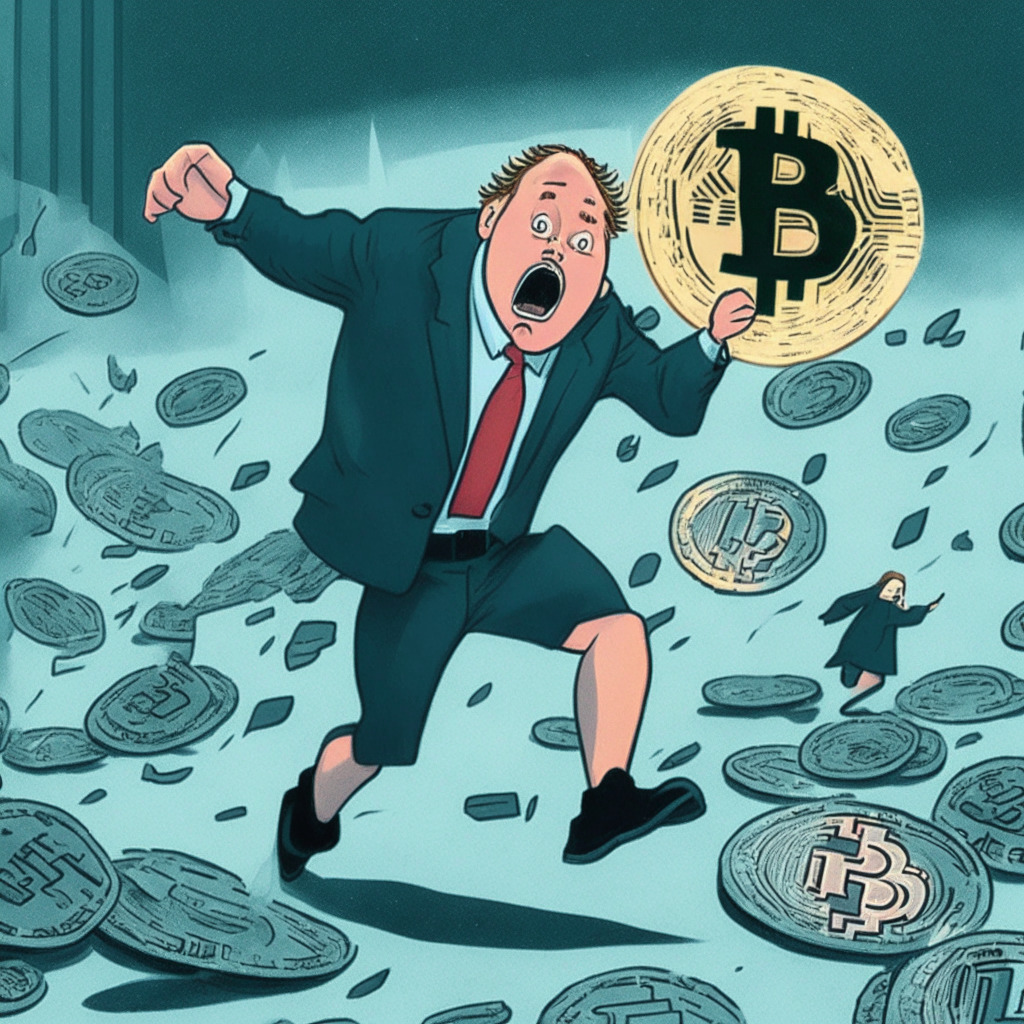Social media influencer Denish Sahadevan, also known as Danny Devan, recently pleaded guilty to a series of criminal charges related to money laundering using cryptocurrency. The US prosecutors allege that Sahadevan fraudulently obtained more than $1.2 million in government relief loans, marking a challenging moment for individuals who argue in favor of minimal cryptocurrency regulations and oversight.
While many enthusiasts see cryptocurrencies as a means to democratize finance and reduce the influence of traditional banking systems, Sahadevan’s fraudulent actions cast a negative shadow on the industry. Proponents of regulation argue that such cases emphasize the need for increased control and oversight, claiming that the absence of regulatory frameworks encourages criminal activity.
On the other hand, critics argue that introducing stringent regulations can stifle innovation and hinder the growth of the cryptocurrency market. They assert that new, disruptive technologies, such as cryptocurrencies, should be allowed to grow and mature before being burdened with regulations.
Sahadevan was accused of defrauding lenders and Small Business Administration (SBA) of more than $1.2 million in Paycheck Protection Program (PPP) and Economic Injury Disaster Loans (EIDL) during a three-year criminal stint. He laundered the money by investing in trading securities and cryptocurrencies, ultimately using the funds for personal expenses and to pay off debts.
For the industry to prosper and maintain the trust of both regulators and the public, it is paramount that criminal activities, like Sahadevan’s, be addressed and prevented. However, while it is easy to argue that regulations are needed to combat fraud and money laundering, doing so without impeding the overall growth of the market can be challenging.
The case of Sahadevan demonstrates the complexities at the intersection of cryptocurrency and regulation. As governments and agencies across the globe continue to grapple with how best to approach the regulation of this transformative technology, it is crucial to strike a balance between protecting investors and fostering innovation.
One way could be the creation of adaptable regulations that promote transparency and accountability while still allowing the industry to thrive. Encouraging responsible financial practices among individuals and companies operating within the space can also help in maintaining a safer environment for all users.
Ultimately, the cryptocurrency industry’s growth and success will depend on the ability to establish trust with the wider public, regulators, and other stakeholders. While Sahadevan’s case serves as a cautionary tale, it also highlights the importance of finding that delicate balance between providing the necessary regulatory oversight and allowing the cryptocurrency market the freedom to evolve and innovate. It is important not to let a few bad actors taint the image of an entire industry that has the potential to reshape financial systems in the years to come.
Source: Cryptonews




